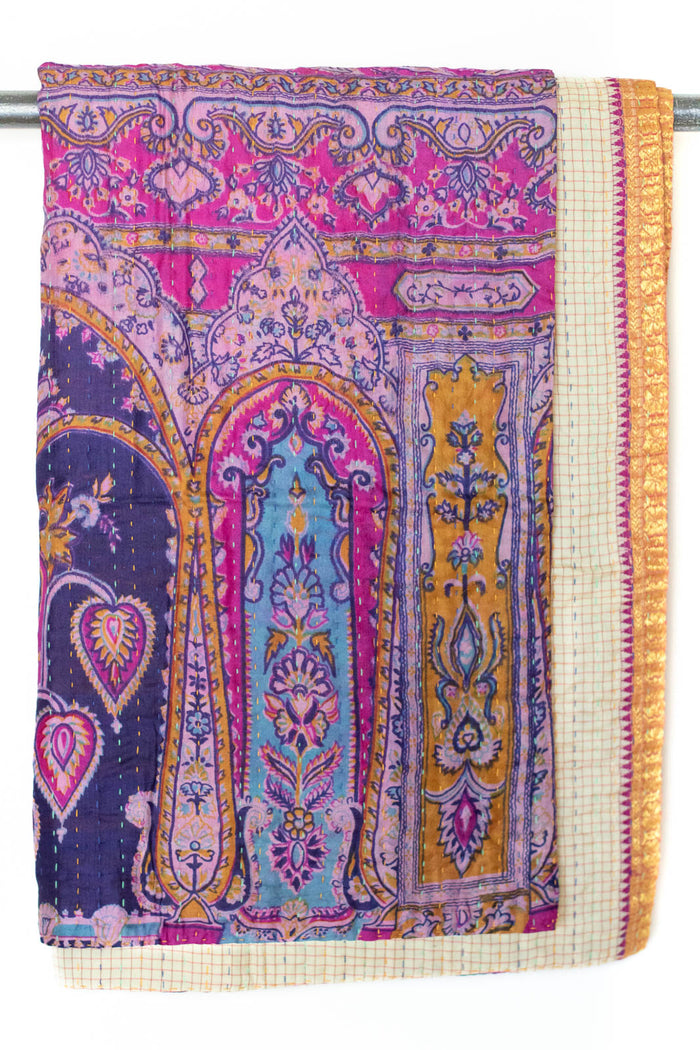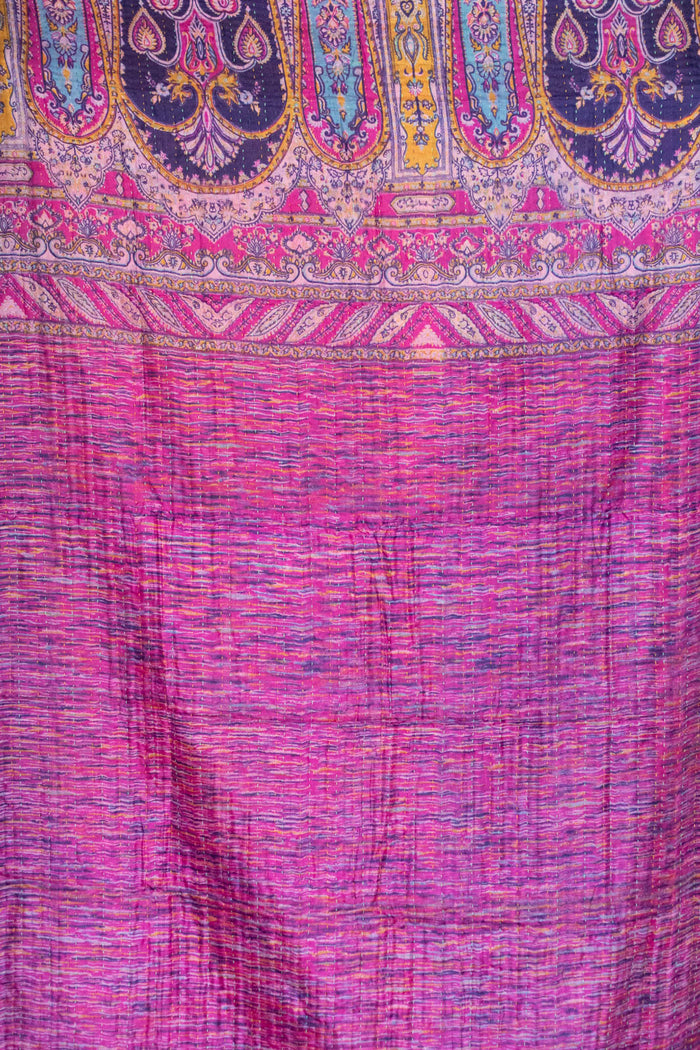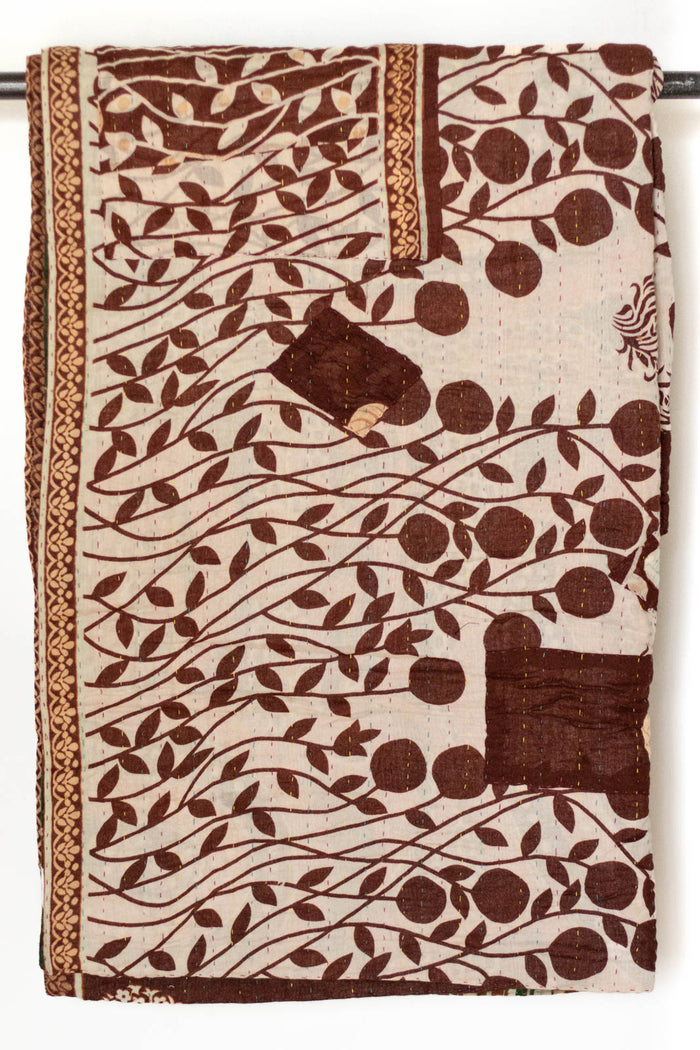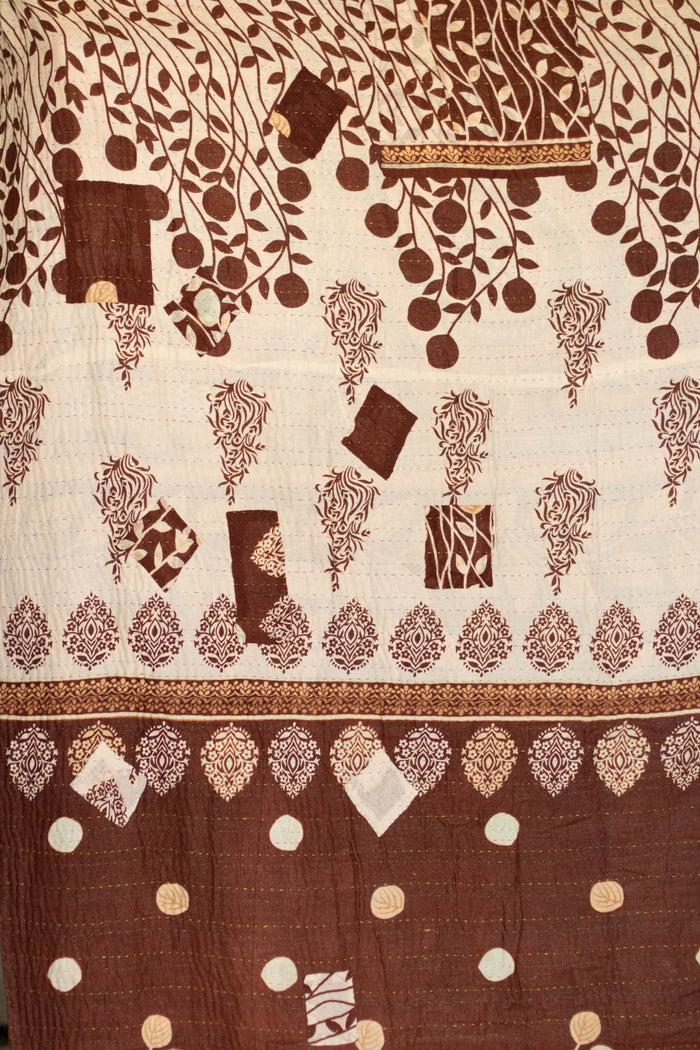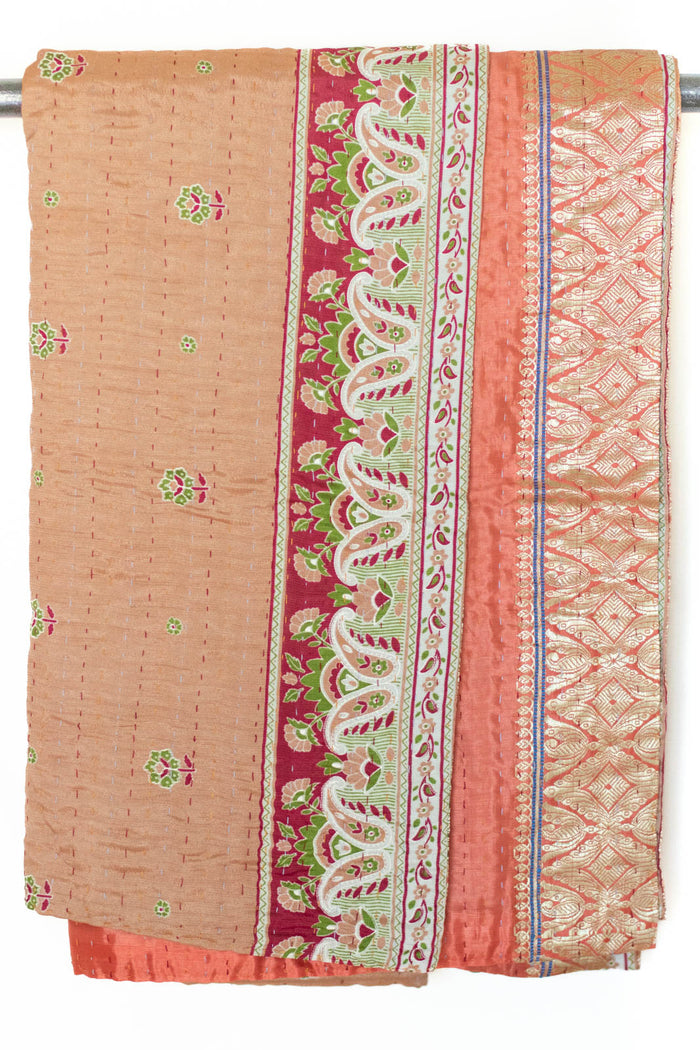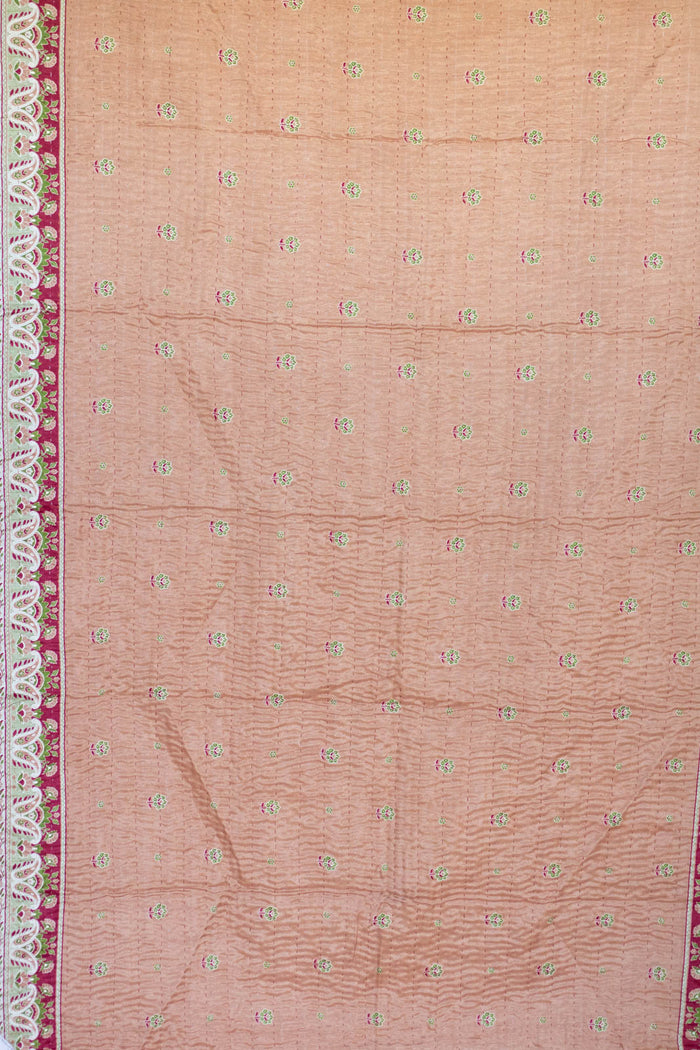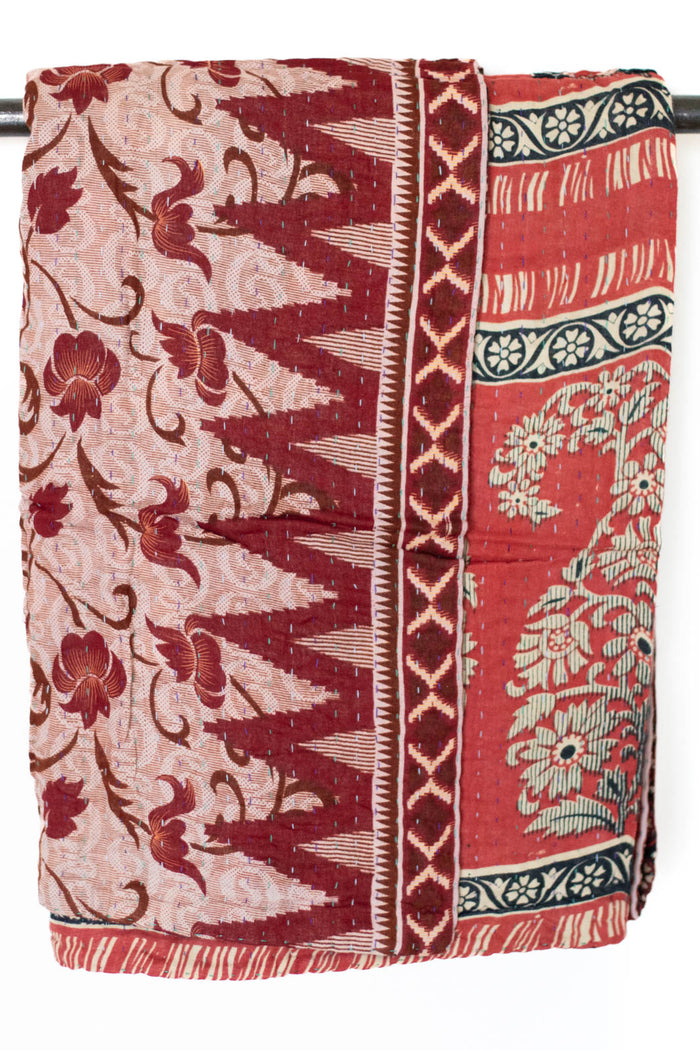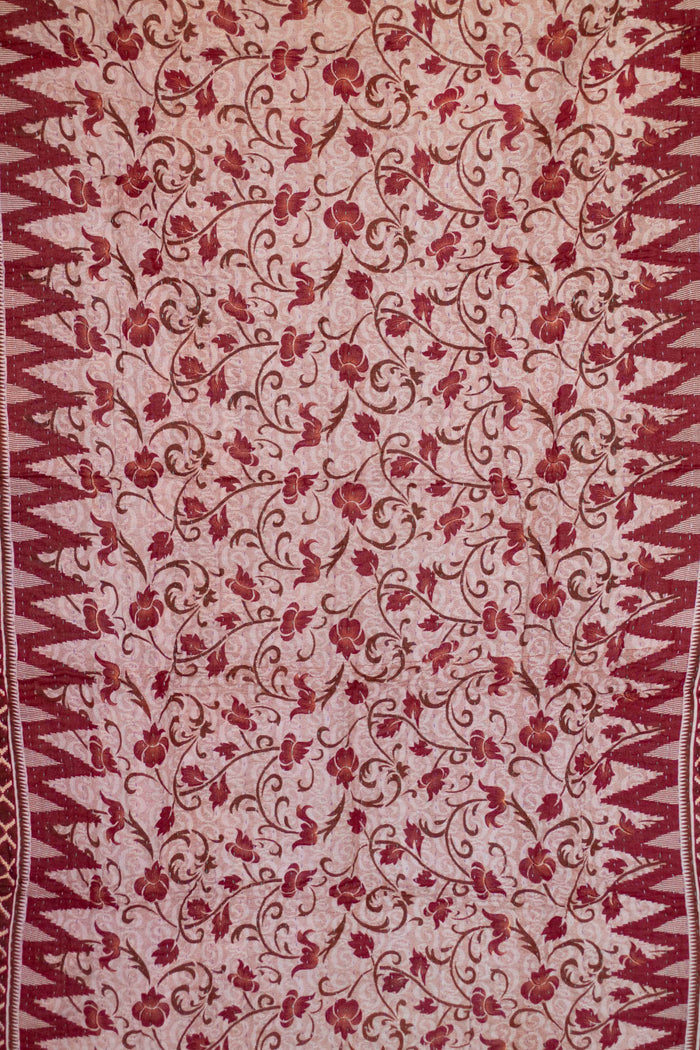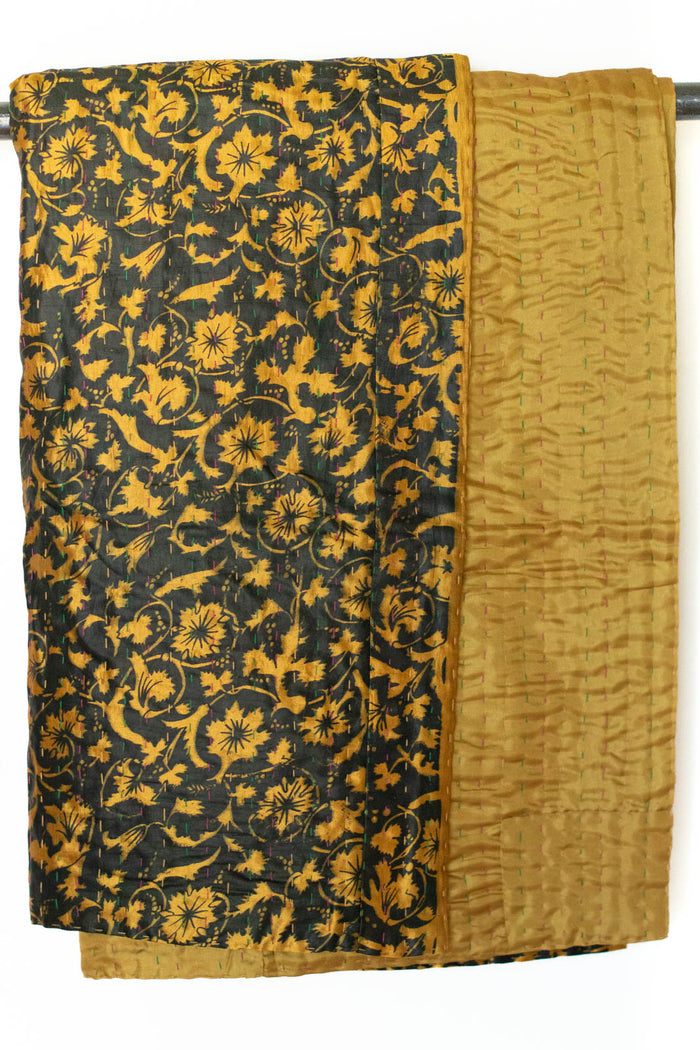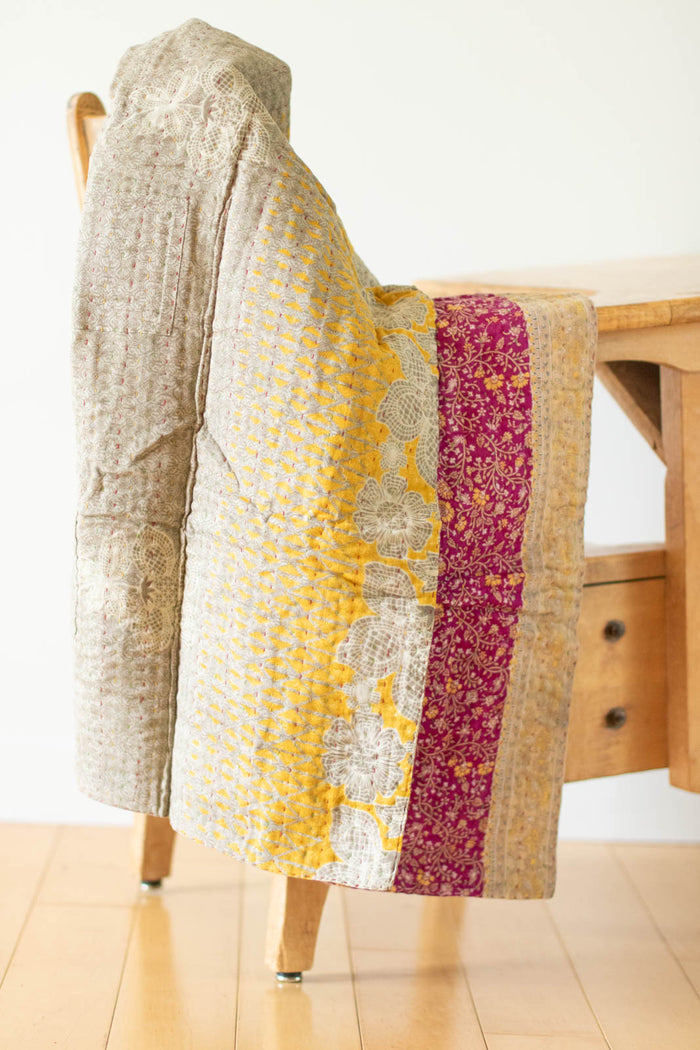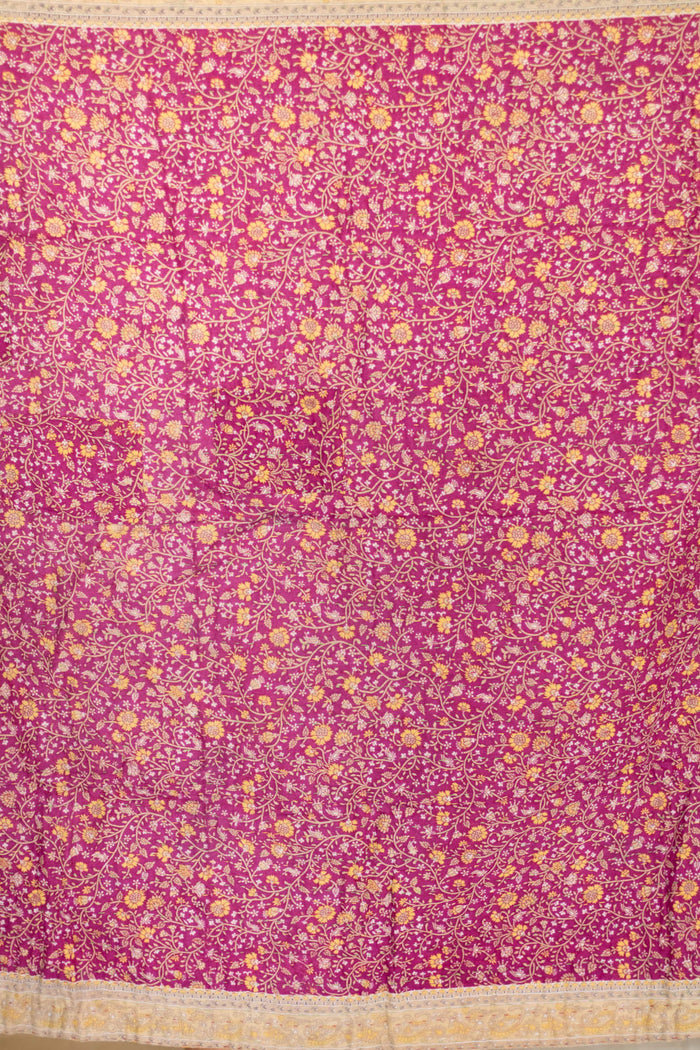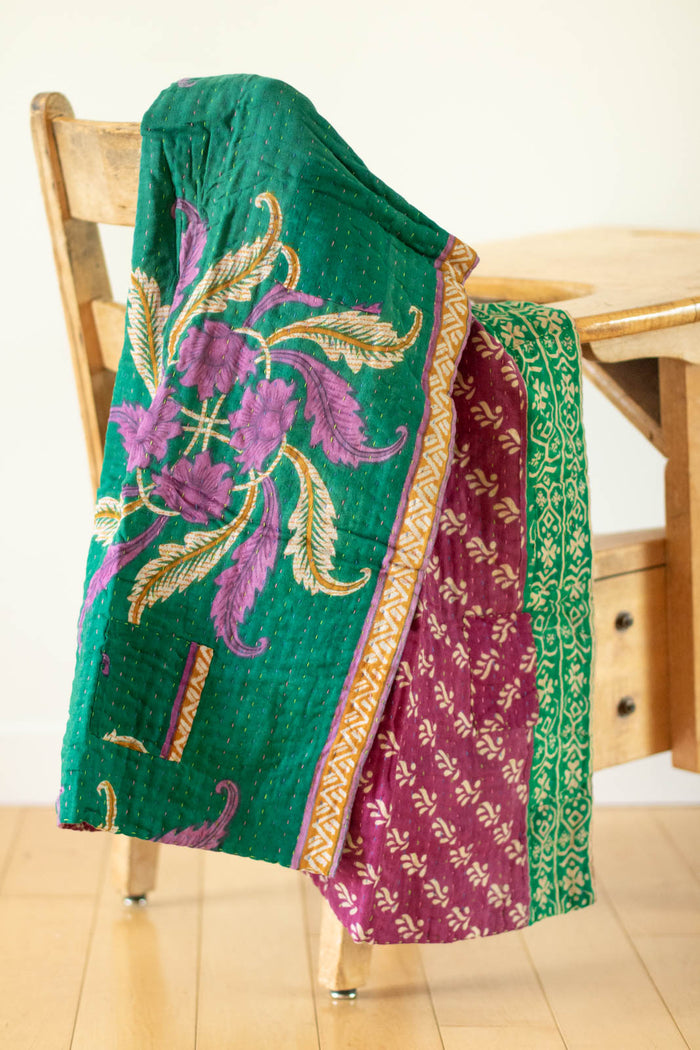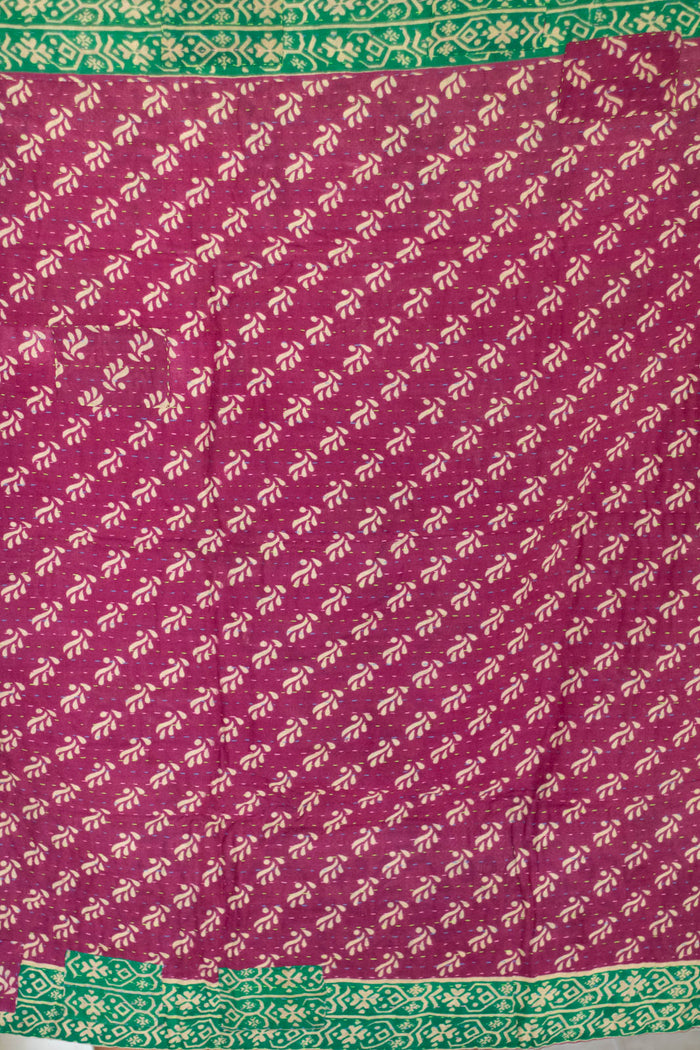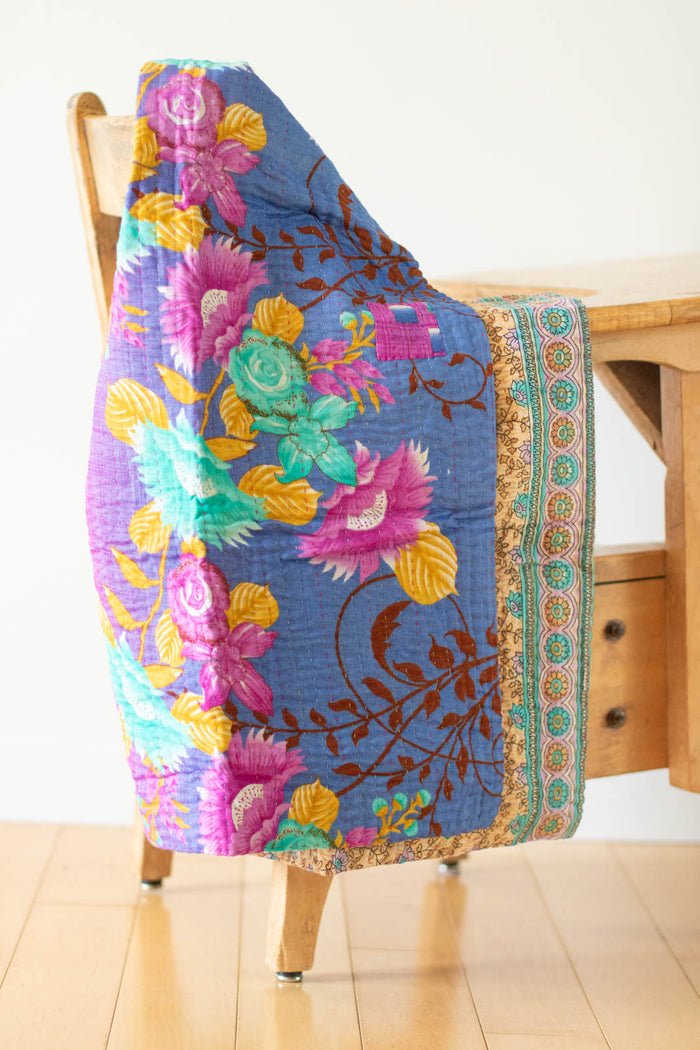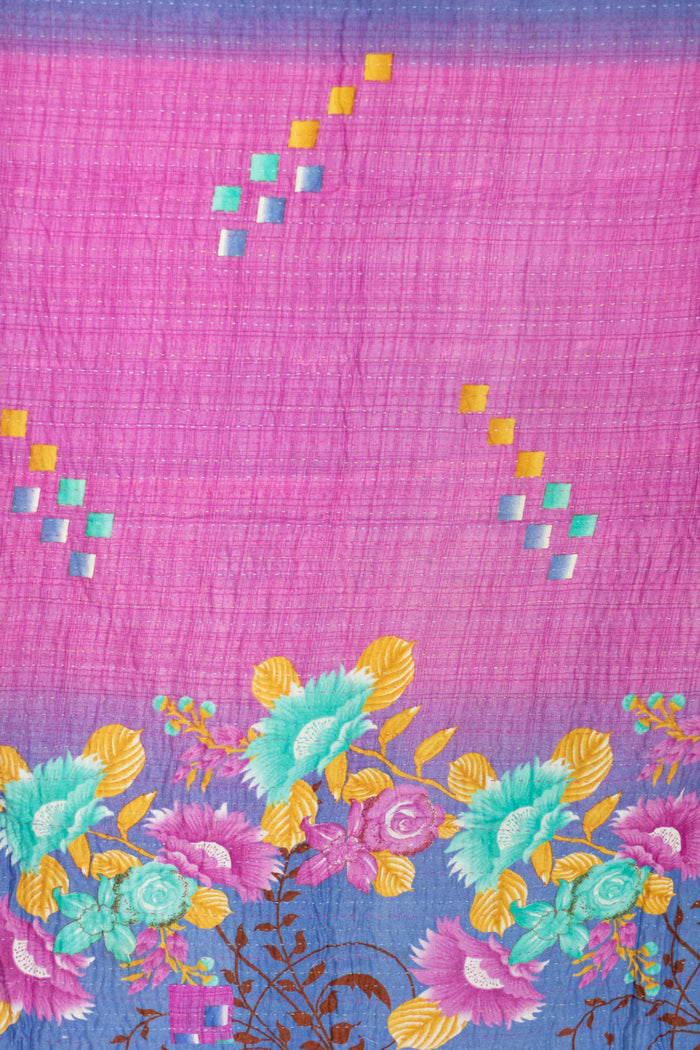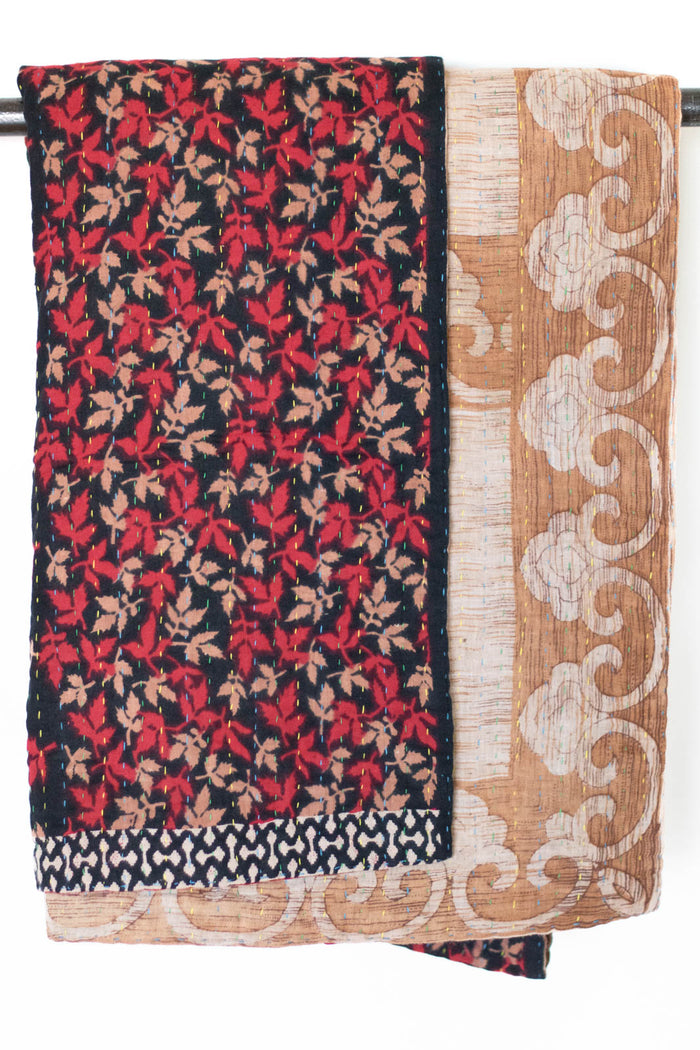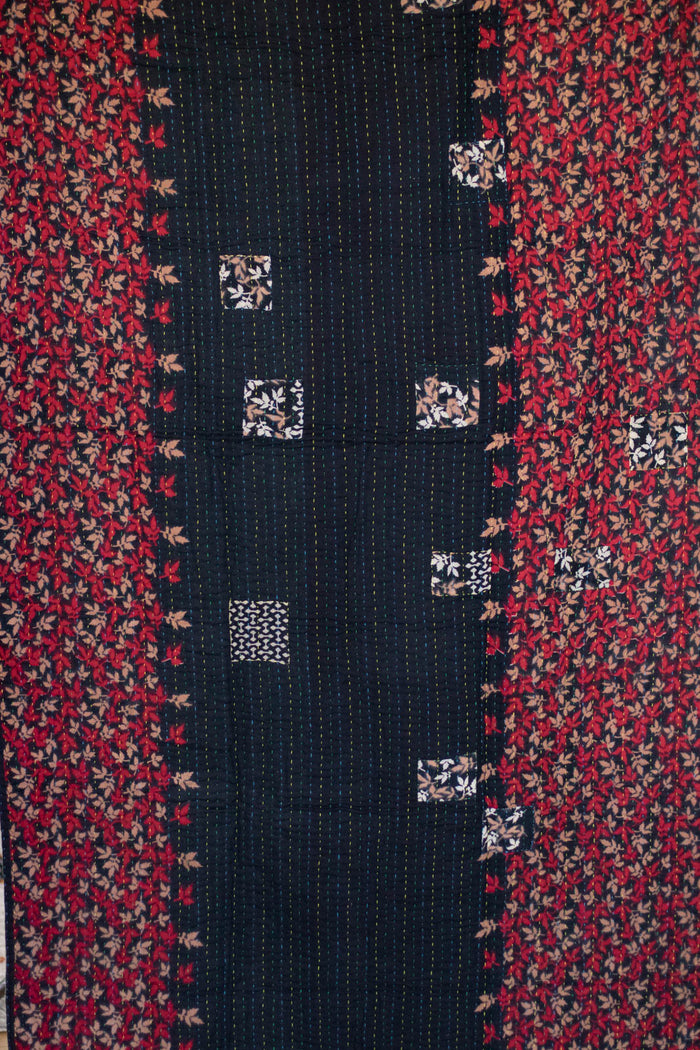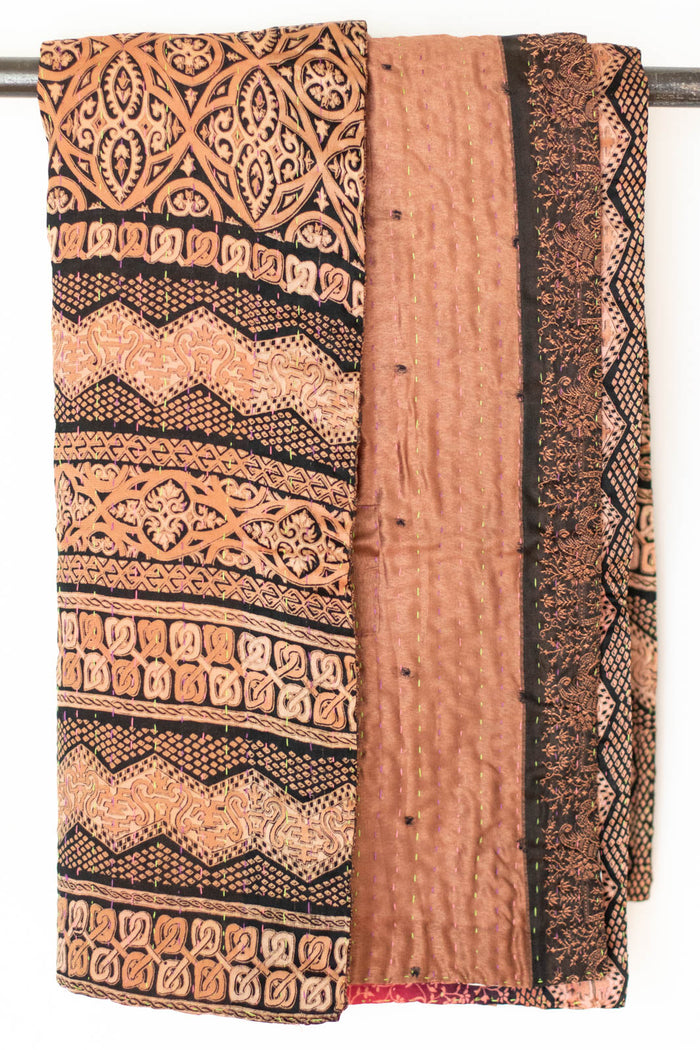In the past week, I’ve read three unique posts critiquing the Samaritan’s Purse Operation Christmas Child shoebox campaign. This is the charity drive that collects (in North America, Australia, NZ, UK, Finland, Germany, Spain, Japan) shoeboxes full of gifts to be sent to children in ~100 developing countries in the world.
I don’t have any “skin in the game”, so to speak; I don’t have any emotional connection or long-standing history with this practice or this type of charity. No, if I’m 100% honest, my best intentions usually fall by the wayside and I miss the shoebox cutoff because it is such a busy time of year for me!

But, something about the critique (or in some cases, lambasting) has piqued my interest; I’ve been thinking about it for days and I still don’t know entirely what I think. The deep cynicism (in some cases) irks me, as does the “throw the baby out with the bathwater” response. However, there are also some very compelling points.
Mostly, what I’ve really craved is conversation about the topic. It’s been documented that I think being thoughtful about what we do and how we spend our money is fantastic! I am a big believer in engagement and consideration and small steps and not just doing things because that’s how we’ve done them.
Since I’m not entirely sure of my stance and I want to promote good discussion, here are some conversation points that may be good starting (or continuing) places for you to engage, as well.
Questions Worth Discussing About Operation Christmas Child's Shoebox Campaign (Or About Any Charity/Giving, Or About Life):
Why Do We Put Less Value in the Shoebox Than the Shoes That Came in It?
This is the most cut-to-the-heart comment I have heard on the subject, period.
Yes, I know we don’t use our actual shoeboxes anymore, but the point still stands. Do we give our best to charity? Or do we use our best for ourselves and eke out what’s left to give away? I know that I would easily spend $50+ on my child at Christmas, even in our financially tighter years, but when it would come to filling a box with this value, you would think I was giving up a family heirloom. Being confronted with this reality was deeply troubling for me.

Does Participating in a Flawed System Make Us Complicit in the Flaws, or Does Good Participation Raise the Whole Bar?
By far, the first & biggest critique I read or hear about this project is: the shoeboxes are filled with crap. Irrelevant, junky, wasteful, useless… it is not a gift if these are the descriptors, critics state.
But, there is also a key point that seems to be missed here: the one who decides what goes in the shoebox… is you! If silly, break-in-an-hour toys are not valuable, in your opinion, you can fill a box with what is valuable.
By choosing to do a better job (than the cautionary tales I’ve read), does this condone the wastefulness of many other boxes? Would it be better to stay uninvolved altogether and go a different route? Maybe.
Whose Other Voices Are Weighing In?
In conversation with a friend about this, she wrote,
“I was at a dollar store recently picking up a small item for my kitchen and saw a sign referring to shoebox shopping and it made me mad! I thought to myself, "Well that's quite the assumption! That I'm going to do my shopping at a dollar store for my shoebox items!" What is this becoming? A marketing scheme for dollar stores? It made me sick!”
What is this becoming? What subtle voices or assumptions play into how we buy, when we buy, where we buy?
The “Most Effective” Use of Money: Is it All About Pragmatics?
I read this expression (or variants) tossed around quite a bit in the posts and the comments. Wouldn’t it be better to pool money for a well or another bigger impact, more effective/longer term/more sustainable gift?
I don’t know – would it? Better how? Who decides what is the best kind of gift for someone else? Great questions to ask and consider.

There are even more questions to consider when we apply this same rubric to our own Christmas:
Do we use our local money for “holistic” ways to “empower” our community? Or… do we use it on individual presents? Wouldn’t it be better to use all of our holiday money to instead pay an extra mortgage payment? To buy some additional retirement savings or place it into a college education fund? How about to use it for the local playground?
For me, these are all great things to use money for, and I like to spend my money in this way. I also like to buy my daughter a present at Christmas!
So, is this a cultural difference? Is it because of my income level or my fulfillment of basic needs? It is legitimate to ask whether I am the same as another person in a wildly different cultural environment? If there are significant differences, then it should mean that these conversations have very different answers. If we’re similar, then either I need to treat someone else as I would in the situation, or I need to apply what is good for her in my own life.
What Defines “Quality of Life” and Who Determines How it is Affected?
Does a shoebox drastically alter the quality of life of its recipient? Does it need to? Is charity about health & wellness? Delight? Laughter? Safety? Fun?
Someone living here and working in areas of poverty or need may be dissatisfied with superficial gestures, but what about the children (they are children, remember) who receive the gifts? Is a real soccer ball superficial?
There is an assumption that if children are living in poverty, it is offensive or wasteful to send them things that they do not need & that do not help them. What do you think?
Are All Outside Products Negative?
All of the arguments state the harm of introducing outside goods into a community, because it is disruptive to the local economy. What does this mean for one-for-one businesses, like TOMS?
Is it helpful to give infrastructure, but not products? Is it ok to give medical-related items, like glasses or hearing assistance? What about footballs (soccer balls)? How is our perception of what is positive impacted by how necessary we perceive the help to be?
In one of the comments of an article, a story was shared about a grown man who still has the 5 Hot Wheels cars he received in his shoebox, 20 years prior. Would the money for those items otherwise have been poured into the local economy? Or was there a lack of money in the first place?
Do Problems or People in an Organization Taint its Good Works?
There are serious critiques of Franklin Graham, and I personally, have several misgivings about some practices of the SP organization. There are also things they do that amaze & arrest me. How much should those other people, projects, & works impact my participation in the Shoebox Campaign?
Every organization is going to have structural flaws, because we are flawed creatures in a flawed life. Every one. dignify. Starbucks. TOMS. etc. How do we determine when it is relevant? When it is unconscionable? When, if ever, I become complicit with the flaws?

What Are We Really Getting At Here?
Often, these conversations are tackled, in the posts themselves and in comments thereafter, with passion, fervor, sometimes hostility or aggression. It is helpful to take a step out and wonder, what exactly is going on here?
In this article, it becomes clear that the author is deeply offended by Graham himself; are the other issues tacked on to give more legitimacy to the argument? In this one, the author had invested into lives of the poor & marginalized in her home of Atlanta, and felt that she was no longer satisfied with superficial gestures: the shoebox, to her, is empty of the deep, meaningful investment that she knew to be impactful. But, is that a truth that can be applied to all circumstances? Or is that one more time that we are deciding what’s best for someone else?
Are comments in favor of the campaign really defenses of our own practices of the holidays in the developed world? Does it bolster materialism? All good questions!
Perhaps these conversations reflect a feeling that the injustices of the world are deeply unsettling. That can become all the more evident at this time of year.
Finally, What About Our Christmas?
How does the way we think about gifting shoebox gifts to kids in the developing world relate to how we think about gifting our own holiday packages?
Let’s just be sure that any claims we have about what is right, good, helpful, and best pass by the mirror on their way out of the door.
These are the three articles I read: Emily • Judy • Ray.
Reading the comments below each post like this is imperative. So is talking to anyone with first hand knowledge.
Speaking of which, here is a post of “unsolicited advice” about what to pack in a shoebox from someone in Senegal; a helpful list if you are participating.
Best of luck as you navigate the tensions of this issue and many others. Life is complicated, but, I kind of like that about it.


